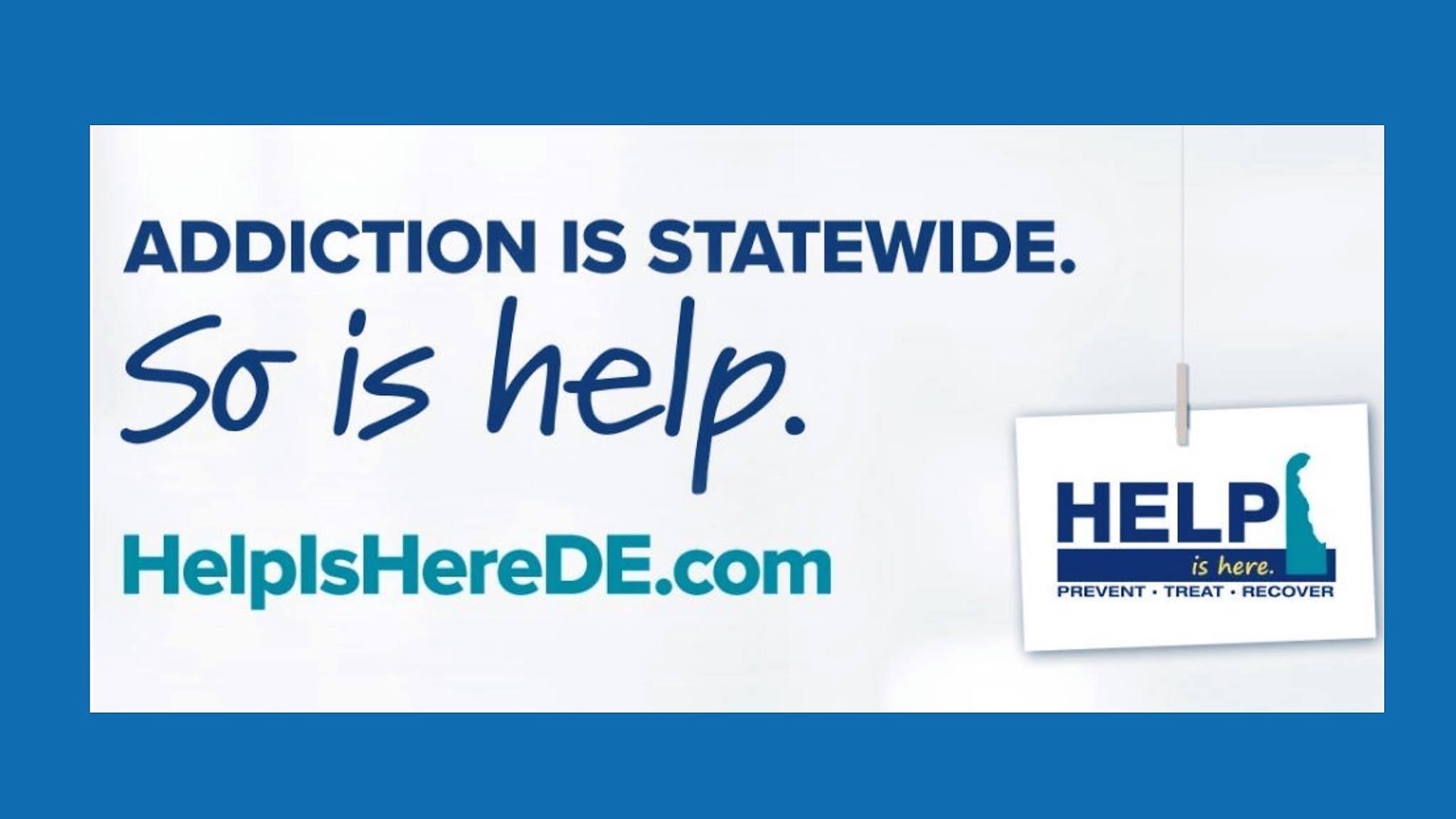
 NEW CASTLE (July 18, 2018) – With more than half of the deaths from suspected overdoses occurring in Sussex County so far this month, Department of Health and Social Services (DHSS) Secretary Dr. Kara Odom Walker is urging the community to be aware of the uptick and also is warning people in active substance use in Sussex County and the rest of the state of the possibility that heroin could be laced with fatal amounts of fentanyl.
NEW CASTLE (July 18, 2018) – With more than half of the deaths from suspected overdoses occurring in Sussex County so far this month, Department of Health and Social Services (DHSS) Secretary Dr. Kara Odom Walker is urging the community to be aware of the uptick and also is warning people in active substance use in Sussex County and the rest of the state of the possibility that heroin could be laced with fatal amounts of fentanyl.
“Because of the rapid increase in deaths in Sussex County, we are issuing this warning now before we have the results of the toxicology screens on which substances were involved,” said Secretary Walker, a board-certified family physician. “These substances clearly are dangerous, especially those being used in Sussex County. If you are in active use, we urge you to seek treatment immediately. If you continue to use substances, have the overdose-reversing medication naloxone with you because the risk for death is increased. Reducing harm and saving lives are our first priorities.”
As of July 18, the Division of Forensic Science has reported that seven of the 12 deaths from suspected overdoses in Delaware during July have occurred in Sussex County; the rest occurred in New Castle County. Since the start of the year, Sussex County has accounted for about 22 percent of all deaths from suspected overdoses.
In 2017, Sussex County accounted for 64 of the 345 overdose deaths in the state, or about 18.5 percent of the total. In July 2017, four of the 21 deaths from suspected overdoses that month occurred in Sussex County; the rest happened in New Castle County.
How to Seek Help
Elizabeth Romero, director of DHSS’ Division of Substance Abuse and Mental Health, encouraged individuals in active substance use in Delaware to see a medical provider immediately or call DHSS’ 24/7 Crisis Services Hotline to be connected to trained crisis professionals who can discuss treatment options. In Kent and Sussex counties, the number is 1-800-345-6785. In New Castle County, the number is 1-800-652-2929. Individuals and families also can visit DHSS’ website, www.HelpIsHereDE.com, to find addiction treatment and recovery services in Delaware or nearby states.
If individuals see someone overdosing, they should call 911. Under Delaware’s 911/Good Samaritan Law, people who call 911 to report an overdose and the person in medical distress cannot be arrested for low-level drug crimes.
If a user has ingested fentanyl or a drug laced with fentanyl, time is critical because the powerful opioid quickly affects the central nervous system and the brain. Users often have trouble breathing or can stop breathing as the drug sedates them. If someone is too drowsy to answer questions, is having difficulty breathing, or appears to be so asleep they cannot be awakened, call 911 immediately.
In 2017, about 61 percent of the overdose deaths in Delaware involved fentanyl and 40 percent involved heroin. In many overdose deaths, multiple substances are found in a person’s system during toxicology screens.
Naloxone, the overdose-reversing medication carried in Delaware by community members, paramedics and some police officers, can be administered in overdoses involving opioids –fentanyl, heroin or opioid painkillers. Because fentanyl is more potent than heroin or opioid painkillers, multiple doses of naloxone may be needed to reverse an overdose. In 2017, Delaware paramedics and police officers administered naloxone 2,714 times in suspected overdose situations to a total of 1,906 patients.
Overdose deaths continue to increase in Delaware. In 2017, 345 people died from overdoses, up 12 percent from the 308 people who died in 2016, according to the Division of Forensic Science.
-30-
The Department of Health and Social Services is committed to improving the quality of life of Delaware’s citizens by promoting health and well-being, fostering self-sufficiency, and protecting vulnerable populations.




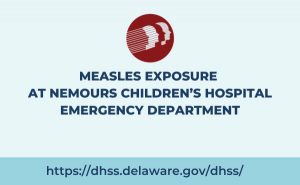

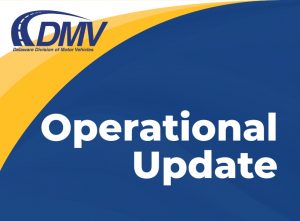













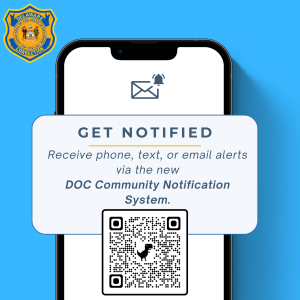

























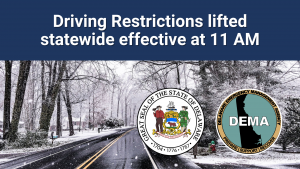


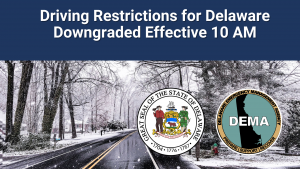






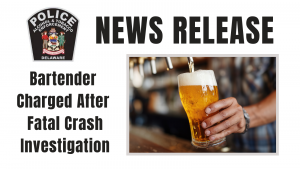


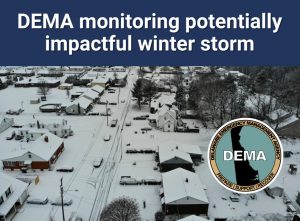


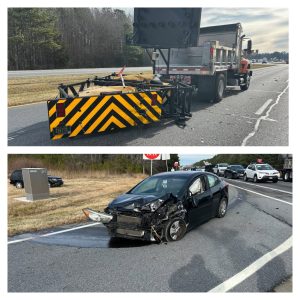

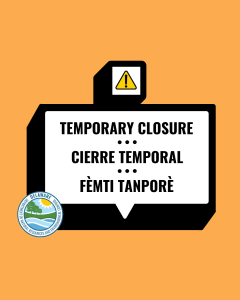











 NEW CASTLE (July 18, 2018) – With more than half of the deaths from suspected overdoses occurring in Sussex County so far this month, Department of Health and Social Services (DHSS) Secretary Dr. Kara Odom Walker is urging the community to be aware of the uptick and also is warning people in active substance use in Sussex County and the rest of the state of the possibility that heroin could be laced with fatal amounts of fentanyl.
NEW CASTLE (July 18, 2018) – With more than half of the deaths from suspected overdoses occurring in Sussex County so far this month, Department of Health and Social Services (DHSS) Secretary Dr. Kara Odom Walker is urging the community to be aware of the uptick and also is warning people in active substance use in Sussex County and the rest of the state of the possibility that heroin could be laced with fatal amounts of fentanyl.

